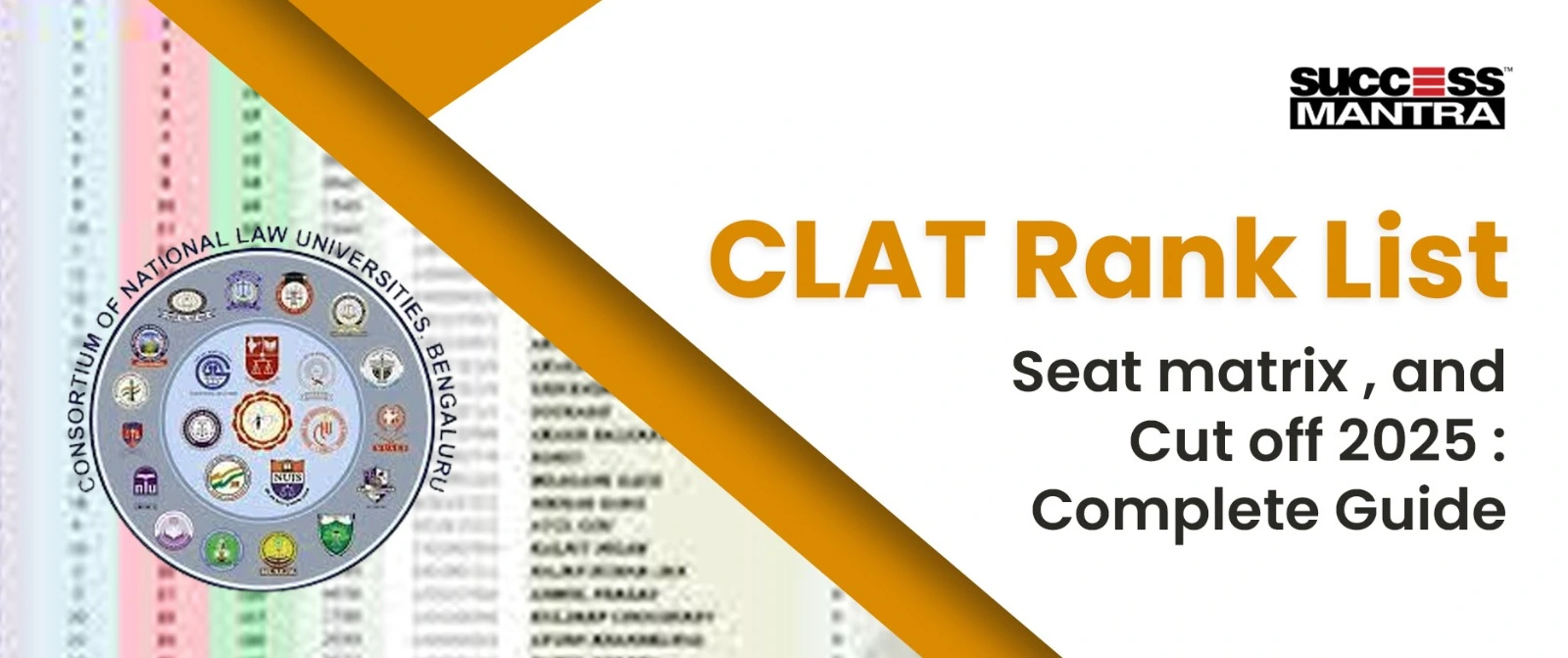Polity Notes
1st Schedule – List of states and union territories.
- Delhi became the National Capital Territory through the constitution (69th Amendment) Act- 1991.
- The are 29 states and 7 union territories
Second Schedule- provisions related to salary, emoluments and other Conditions related to certain Constitutional offices, e’g. President, Governors, speaker of Lok Sabha, Deputy speaker of Lok Sabha, Chairman and vice chairman of Rajya Sabha, speaker and deputy speaker of legislative assembly, chairman & vice chairman of legislative council, Judges of Supreme court and high courts CAG etc are given.
Third schedule- Forms of oath and affirmation of officials like President, Vice- president , Ministers, judges of the Supreme court and High courts are mentioned.
Fourth Schedule- Allocation of seats in the RAJYA SABHA for different states and union territories.
Fifth Schedule - Provision for the administration and control of Scheduled areas and scheduled tribe.
Sixth Schedule- Provisions related to the administration of tribal areas in the states of Assam, Meghalaya, Tripura and Mizoram.
Seventh Schedule- Div ision of powers between the union and states in terms of 3 lists (union list, state list and concurrent list) is mentioned under this schedule.
- Union List- Subjects under this list are governed by central Government. There were 97 subjects in this list At the time of enforcement of constitution but at present 100 subjects are in the list.
- State list- Subjects in this list are governed by state governments. There are 61 subjects in this list at present. Initially - 66 Subjects.
- Concurrent list- Subjects under this list can be governed by both central as well as state Government but in case of conflict between the union and the state laws on concurrent subjects, the union law shall prevail. There were 47 subjects in this list at the time of enforcement of the constitution but now their numbers increased to 52. Provision of concurrent list is not applicable for J & K .
Eighth Schedule- 22 Indian language are mentioned in this schedule. Originally 14 languages were in this schedule but in 1967 Sindhi, in 1992 Konkani, Manipuli and Nepali, and in 2003 Bodo, Dogri, Mathilli & Santhali languages are added to the schedule.
Ninth Schedule- This schedule is added to constitution through the Constitution ( First Amendment) Act, 1951. Under this schedule, the provision for acquisition of property by state is given. Subjects mentioned in this schedule cannot be challenged in the court. At present, 284 Acts are in this schedule. A constitutional bench gave a verdict on 11th January 2007 that any law mentioned in the ninth schedule cannot be challenged on the basis of that it violets the Fundamental Rights and the Supreme court can review these laws.
Tenth Schedule: It is added through Constitution (52nd Amendment ) Act, 1985 It deals with Provisions as to disqualification on ground of defection (Anti-defection Provisions)
Eleventh Schedule: This schedule is added to the Constitution through the constitution (73rd Amendment)Act, 1992. 29 S ubjects for Panchayati Raj Institutions (Under Article 243G) are mentioned
Twelfth Schedule: It is added to the constitution through the constitution (74th Amendment) Act, 1992. 18 Subjects are mentioned under this Schedule for the Municipalities. (Under Article - 243 w)














